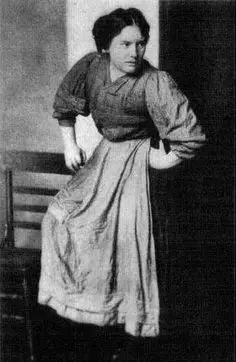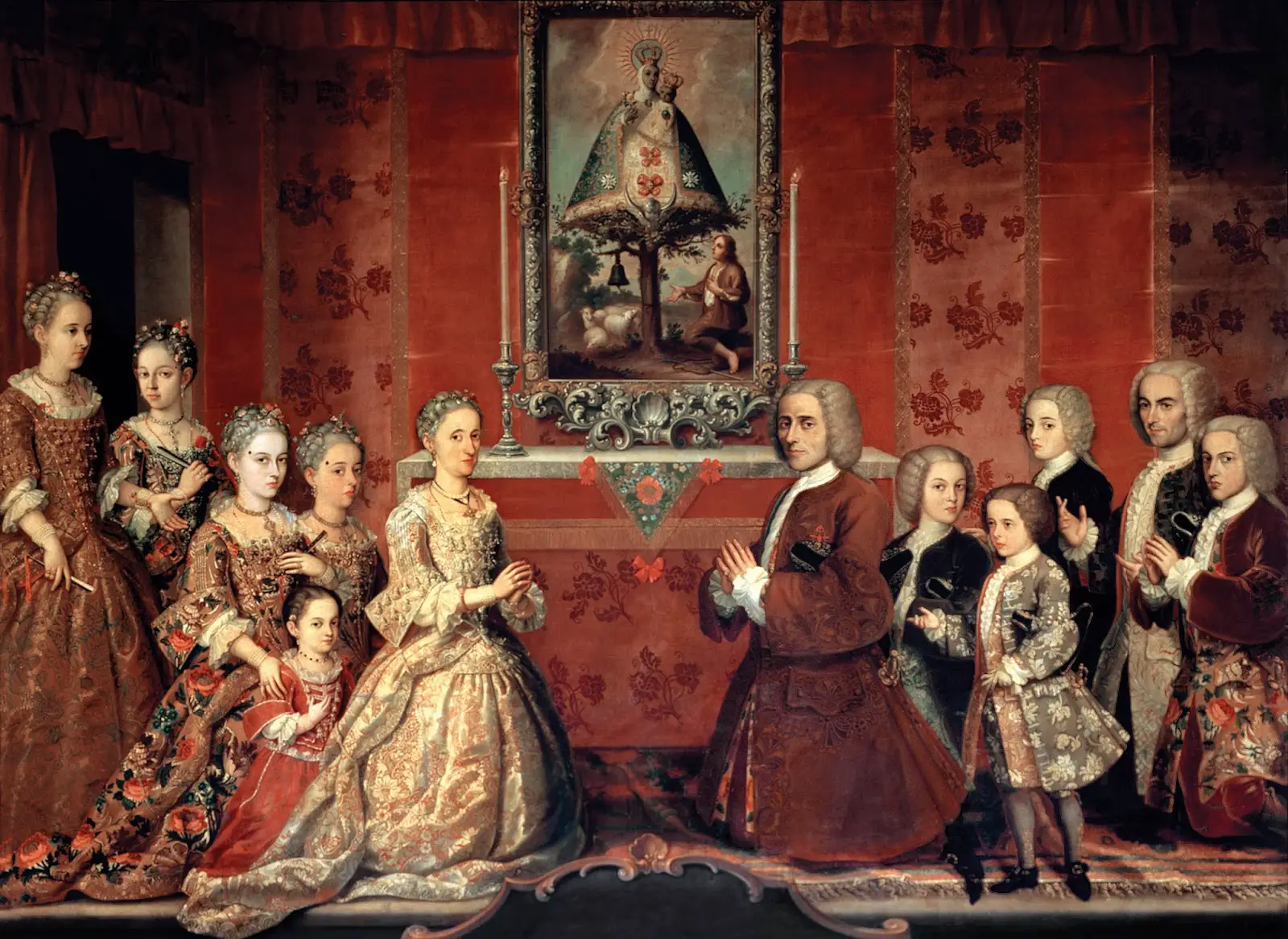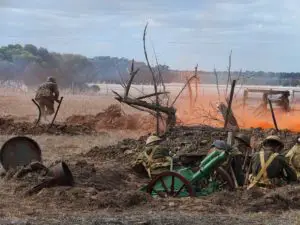
FULL POEM - SCROLL DOWN FOR LINE-BY-LINE ANALYSIS
How can you tell what class I’m from?
I can talk posh like some
With an ’Olly in me mouth
Down me nose, wear an ’at not a scarf
With me second-hand clothes.
So why do you always wince when you hear
Me say ‘Tara’ to me ‘Ma’ instead of ‘Bye Mummy
dear’?
How can you tell what class I’m from?
’Cos we live in a corpy, not like some
In a pretty little semi, out Wirral way
And commute into Liverpool by train each day?
Or did I drop my unemployment card
Sitting on your patio (We have a yard)?
How can you tell what class I’m from?
Have I a label on me head, and another on me bum?
Or is it because my hands are stained with toil?
Instead of soft lily-white with perfume and oil?
Don’t I crook me little finger when I drink me tea
Say toilet instead of bog when I want to pee?
Why do you care what class I’m from?
Does it stick in your gullet like a sour plum?
Well, mate! A cleaner is me mother
A docker is me brother
Bread pudding is wet nelly
And me stomach is me belly
And I’m proud of the class that I come fro

SUMMARY AND CONTEXT
Casey focuses on the concept of social class in her poem ‘The Class Game’. The class system is a society that is divided into groups of people based on their social hierarchy that is derived from socioeconomic factors including wealth, race, gender, education and social status. Casey introduces the idea of a ‘Class Game’ in the poem, whereby people guess and assume the social class of others, akin to a quiz or guessing game. The poem itself is a dramatic monologue directed at the person who is doing just this to the speaker and it captures Casey’s contempt towards the class system. Contextually, Mary Casey was a housewife in quite a poor household in Liverpool and she wrote the poem in 1979 – the first year of Margaret Thatcher’s tenure as prime minister of the UK. This time saw recession and high unemployment rates throughout the UK, especially in northern cities such as Liverpool, in the wake of the Winter of Discontent. Consequently, inequality between the classes was at a high, prompting increased tensions.
LINE-BY-LINE ANALYSIS
STANZA 1
How can you tell what class I’m from?
The opening line is a rhetorical question which sees the speaker directly addressing the person with conviction who is playing the class game against them and pigeonholing them into a particular class.
I can talk posh like some
The speaker asserts authority over the situation, being able to talk like the upper classes but purposely choosing not to. They are proud, not ashamed, of being ‘lower classed’.
With an ’Olly in me mouth
This is a slang expression, a type of language used mostly by the lower classes. It serves as a contextual reference to the north of England, which enforces the personal nature of the poem to Casey.
Down me nose, wear an ’at not a scarf
With me second-hand clothes.
Here Casey references two stereotypical images that act to further differentiate the classes and emphasise the differences and inequality between them. As a simple generalisation, the lower classes wear hats and second-hand clothes, whereas the upper classes wear scarves and first-hand clothes.
So why do you always wince when you hear
Me say ‘Tara’ to me ‘Ma’ instead of ‘Bye Mummy
dear’?
Language is a massive differentiator in the class system and Casey comments on the absurdity of how people are judged based on the way they speak. The use of the word ‘wince’ paints a picture of the condescending upper class whose response to hearing the use of ‘Tara’ is one almost of pain and distress.
How can you tell what class I’m from?
The repetition of this line throughout the poem acts as a refrain that maintains the confident, slightly aggressive, tone of the speaker throughout the poem.
’Cos we live in a corpy, not like some
In a pretty little semi, out Wirral way
And commute into Liverpool by train each day?
These 3 lines, again, paint a contrasting picture between the upper and lower classes – the repetition of which almost makes them appear like separate species. A ‘corpy’ is a type of social housing and juxtaposes the ‘pretty little semi’ that only the more affluent could afford. Casey portrays an easier, more comfortable life of the upper class. How does this give them the right to look down on the lower classes who endure much more difficulty?
Or did I drop my unemployment card
Sitting on your patio (We have a yard)?
Casey also brings up the stereotype of unemployment associated with the lower classes – often the upper class views the poverty of the lower class as a result of their lack of work ethic, in many cases believing it is this that differentiates their affluence. The speaker knows otherwise, however, and is, perhaps surprisingly, unashamed of her unemployment as a result. It is, consequently, much harder for the person that the speaker is addressing to patronise them on the matter.
How can you tell what class I’m from?
The repetition of this line throughout the poem acts as a refrain that maintains the confident, slightly aggressive, tone of the speaker throughout the poem.
Have I a label on me head, and another on me bum?
Or is it because my hands are stained with toil?
Instead of soft lily-white with perfume and oil?
The repetition of rhetorical questions gives the final part of the poem an increasingly demanding, argumentative tone – increasing its intensity as it progresses, especially when performed aloud. This mirrors the tone and rhythm of an argument which heightens in vehemence before reaching a climax. The first of these rhetorical questions dehumanises the lower class by giving them a label and treating them like lower-class citizens. Whilst, the second and third are juxtapositions emphasising the inequality and the contrasts in the ease and comfort of life between the classes.
Don’t I crook me little finger when I drink me tea
This involves sticking out one’s pinky finger whilst drinking tea and was a trademark of the upper classes at the time and is still practiced by some. However, today the general consensus is that it is actually rude and connotes elitism.
Say toilet instead of bog when I want to pee?
The speaker undermines the class system to assist in their argument by commenting on the absurdity that the word for toilet should be used as a factor for classification.
Why do you care what class I’m from?
The repetition of this line throughout the poem acts as a refrain that maintains the confident, slightly aggressive, tone of the speaker throughout the poem.
Does it stick in your gullet like a sour plum?
Here the speaker is expressing their view that the conduct of themselves and others like them is by no means the business of those looking down and passing judgment on them. These people should concentrate on their own lives and not preoccupy themselves with looking at those that they view to be of a lower class with a discontent, similar to what they would have, having eaten an unpalatable ‘sour plum’.
Well, mate! A cleaner is me mother
The speaker addresses the person they are confronting as ‘mate’ which asserts their control of the conversation and puts them in their place through its sarcastic tone.
A docker is me brother
Bread pudding is wet nelly
And me stomach is me belly
And I’m proud of the class that I come from.
The poem goes full circle in its final lines, concluding with the speaker identifying the traits that classify them as working-class and embracing them, declaring their pride for them and their identity. By declaring this, they express their indifference to the class system and its futility. They are proud and content with their own lives and couldn’t care less how they are viewed by the people and class system around them! This gives the message to the reader – be yourself and don’t pay attention to others who think you should behave otherwise.


